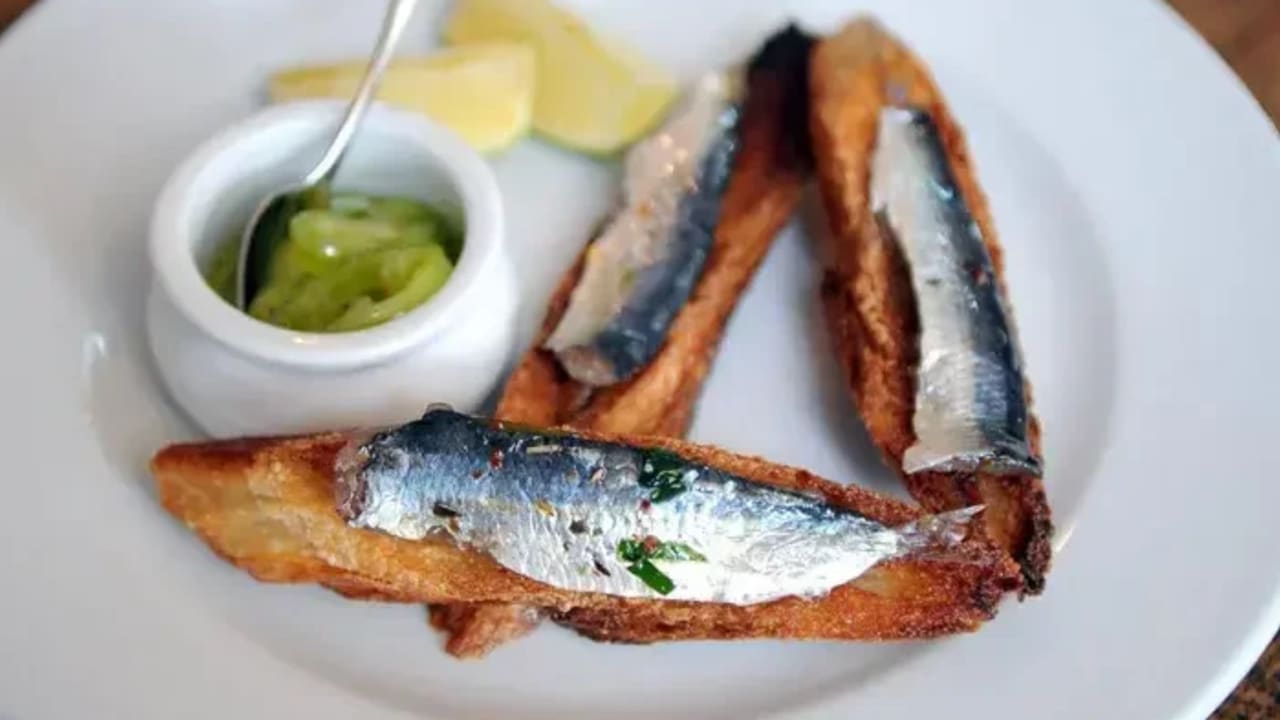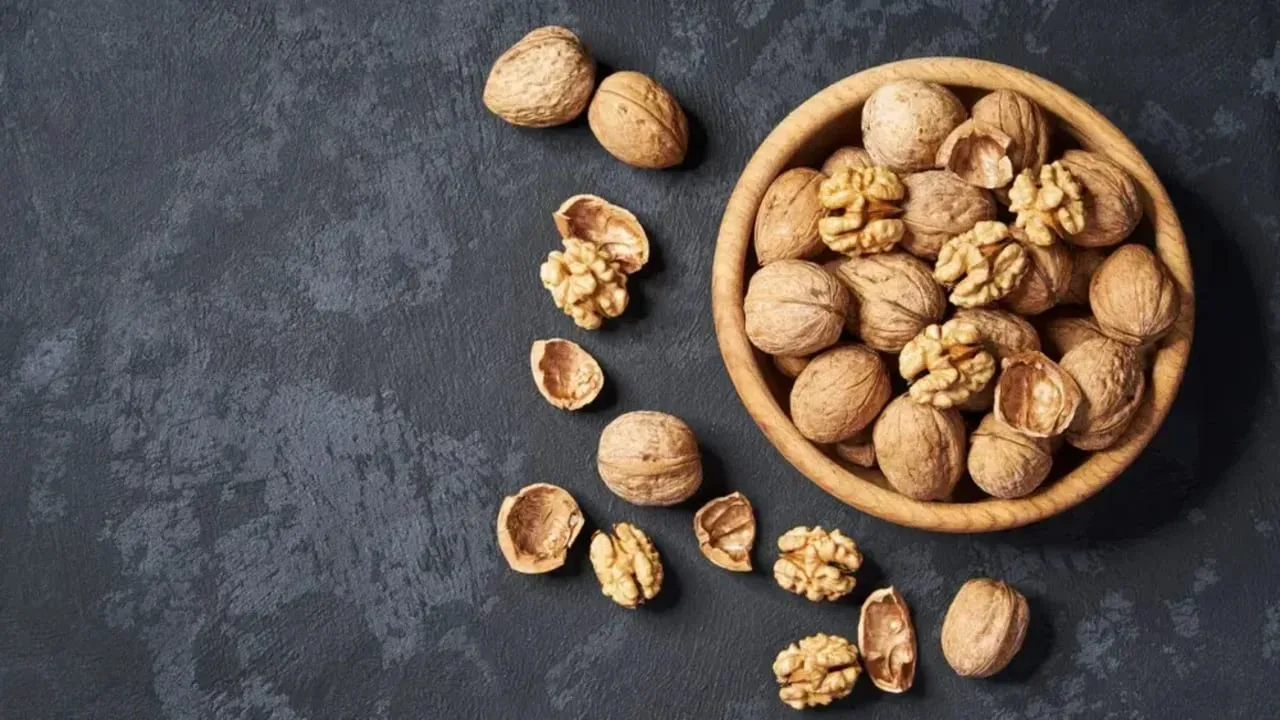Jerusalem Post
ByDR. MAYA ROSMAN
The expression “packed like sardines” describes a particularly crowded airplane cabin – but when the metaphor becomes a culinary reality, it turns out that real sardines are actually very worthwhile. They are a small, cheap, and accessible fish that in recent years have experienced renewed popularity thanks to their impressive nutritional values.
For many years, they were perceived as a basic canned product, but recent studies show that they are one of the most nutrient-dense food sources: Sardines provide high amounts of protein, calcium, vitamin D, and omega-3 – essential components that even prestigious “superfoods” don’t always come close to.
Another important advantage is that sardines are eaten with their soft bones, which makes them an excellent source of calcium. In addition, since they are a small fish with a short life cycle, their mercury and heavy metal levels are much lower compared to larger fish such as tuna or swordfish.
Health benefits
Rich in calcium
In 100 grams of sardines there are on average about 380 to 400 mg of calcium, thanks to the soft bones that are eaten together with the fish. One can of sardines can provide almost half of the daily recommended amount for an adult.
A review published in the Journal of Food Composition and Analysis emphasized the unique contribution of sardines as an accessible and inexpensive source of calcium, compared to other sources in the Western diet.
An excellent source of omega-3
Sardines provide high amounts of EPA and DHA fatty acids – essential for heart, blood vessel, and brain health.
A study published in Nutrients in 2020 showed that the consumption of small fish such as sardines is linked to higher blood levels of omega-3 and a reduced risk of nutritional deficiencies.
High-quality protein and long-lasting satiety
In a relatively small quantity, sardines provide complete protein that includes all essential amino acids. This protein helps maintain muscle mass, supports immune system function, and provides prolonged satiety.
Low levels of mercury
Unlike large fish, sardines hardly accumulate mercury and heavy metals. This makes them a safer choice for frequent consumption, even among children and pregnant women.
A source of vitamin D
A serving of sardines provides a generous amount of vitamin D, which is necessary for strong bones, muscle health, and the immune system. Vitamin D deficiency is common in the Israeli population, and adding sardines to the diet can help bridge the gap.
In oil or in water?
Most canned sardines sold in Israel are preserved in oil – usually soybean oil or olive oil. Sardines in oil contain more calories, but the oil helps better preserve some of the fat-soluble vitamins.Sardines in water are rarer in Israel but can sometimes be found in health food stores or through special imports.
Rich in vitamin B12
Sardines are also an excellent source of vitamin B12, necessary for the production of red blood cells and the proper functioning of the nervous system. The B12 content in sardines is several times higher than the daily recommended amount, making them particularly helpful in preventing anemia and fatigue.
And what about the salt?
Many canned sardines contain high sodium levels, coming both from the salt used in the preservation process and from the liquid in which the fish are stored.
One can may contain hundreds of milligrams of sodium, sometimes even a third of the daily recommended amount.For healthy people, moderate consumption is not a problem, but those suffering from high blood pressure or required to reduce salt intake should check the nutritional label and look for lower-sodium options, or drain the oil and liquids before eating.
In recent years, reduced-salt products have also entered the market, but they are still relatively rare.
So, eat them or not?
As a vegetarian, I don’t eat animals at all, not even fish, but I provide the professional information and each person can decide for themselves what to eat.
Sardines may be considered a simple and cheap food, but their nutritional values make them a particularly smart choice.
They provide a rare combination of calcium, protein, omega-3, and essential vitamins – all at an affordable price and with long shelf life. They fit into almost any diet, from a light meal on whole-grain bread to a topping for a rich salad. Next time you pass by the canned goods shelf at the supermarket – it might be worth stopping and giving them a place in your cart.
















